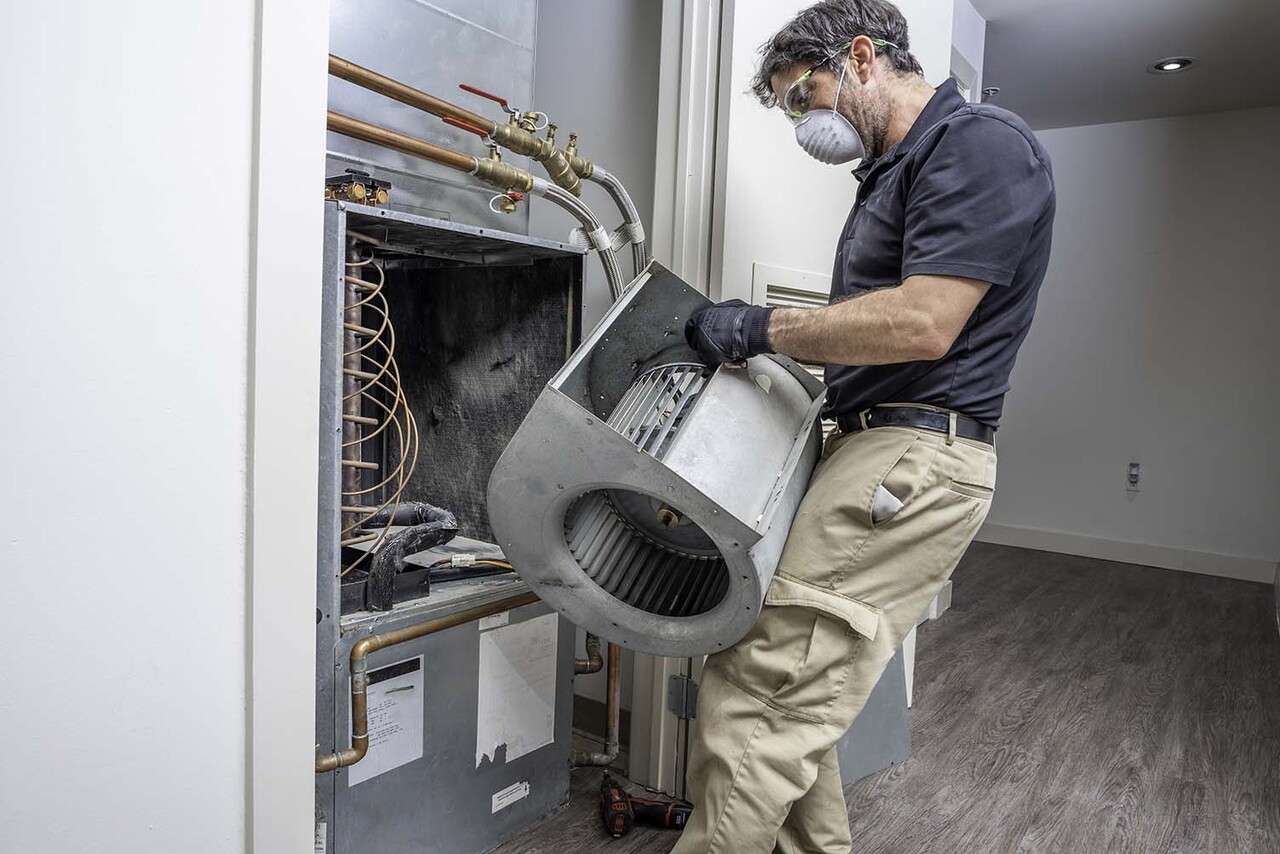Properly functioning heating and air conditioning equipment is essential for comfort and reducing energy costs. However, older units eventually become unreliable and inefficient, warranting replacement. Following signs can indicate your HVAC system needs replacing.
First, Constant Breakdowns and Repairs
If your HVAC system requires frequent repairs and part replacements, it may be nearing end of life. While single issues can sometimes be fixed, ongoing problems are a warning sign. Chronic repairs become expensive and may only provide temporary relief. Constant breakdowns indicate internal wear that will only worsen over time. At this point, replacing outdated components with a new, high-efficiency unit often proves more cost-effective.
Next, Inconsistent Temperature Control
Inability to maintain steady temperatures throughout your home points to deterioration within the system. Fluctuating indoor temperatures and uneven room cooling are telltale signs of efficiency loss. Simply put, old HVAC systems struggle to perform their basic function of maintaining comfort. By losing the ability to regulate temperatures appropriately, the system demonstrates that replacement has become necessary.
In addition, Unusual Noises or Vibrations
Strange sounds or rattling coming from your HVAC unit likely indicates parts have become worn or loose. Unusual noises reveal that internal mechanisms are being strained to operate. Over time, noise levels will only grow worse which negatively impacts comfort and disrupts sleep. Severe vibrations can also cause damage to your home. Once unusual noises emerge regularly, replacement provides a long-term solution.
Furthermore, Higher Energy Bills
Significantly higher energy costs compared to previous years represent a clear sign that your HVAC system has lost efficiency over time. Older units require more energy to perform the same tasks, driving consumption and bills upward. In fact, new high-efficiency replacement units typically pay for themselves within a few years thanks to reduced utility costs. When energy bills start straining your budget, HVAC replacement delivers valuable savings moving forward.
Lastly, Unit Age Over 15 Years
Most HVAC systems remain functional and reasonably efficient for around 15-20 years on average. However, major internal and external parts do eventually wear out and fail beyond repair. While some heavily used units may last just 10 years, others can function for up to 25 years with proper maintenance. Once your HVAC system reaches 15+ years of age, replacement becomes the most reliable solution. New units simply perform more efficiently and last much longer.
In summary, while normal wear and maintenance issues can be expected, a combination of several warning signs together indicate your HVAC system has lived past its useful lifespan. At this point, replacement with a new high-efficiency unit delivers the highest comfort, reliability and lower costs moving forward. Proactively replacing an older system also helps avoid costly emergency repairs or complete breakdown during extreme weather.

